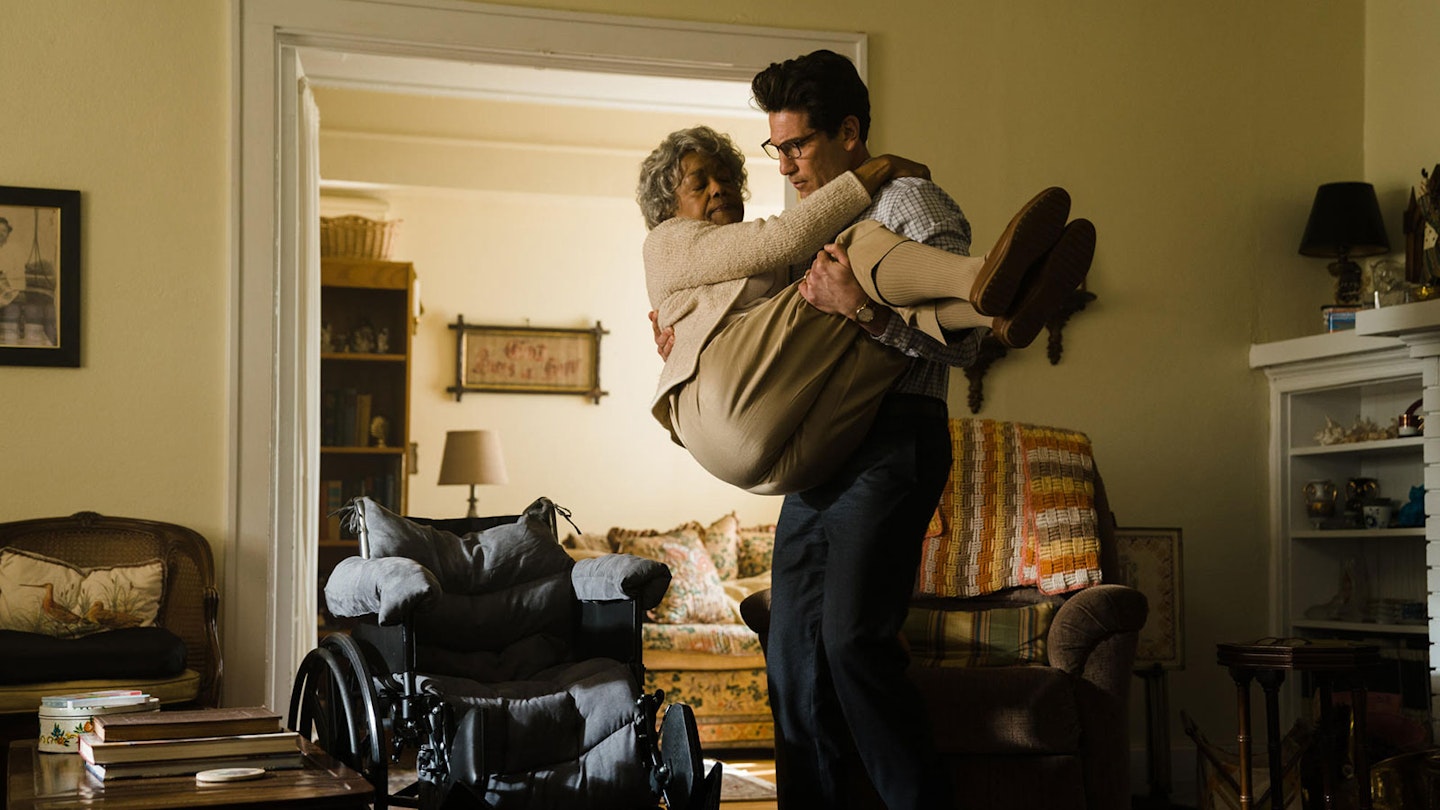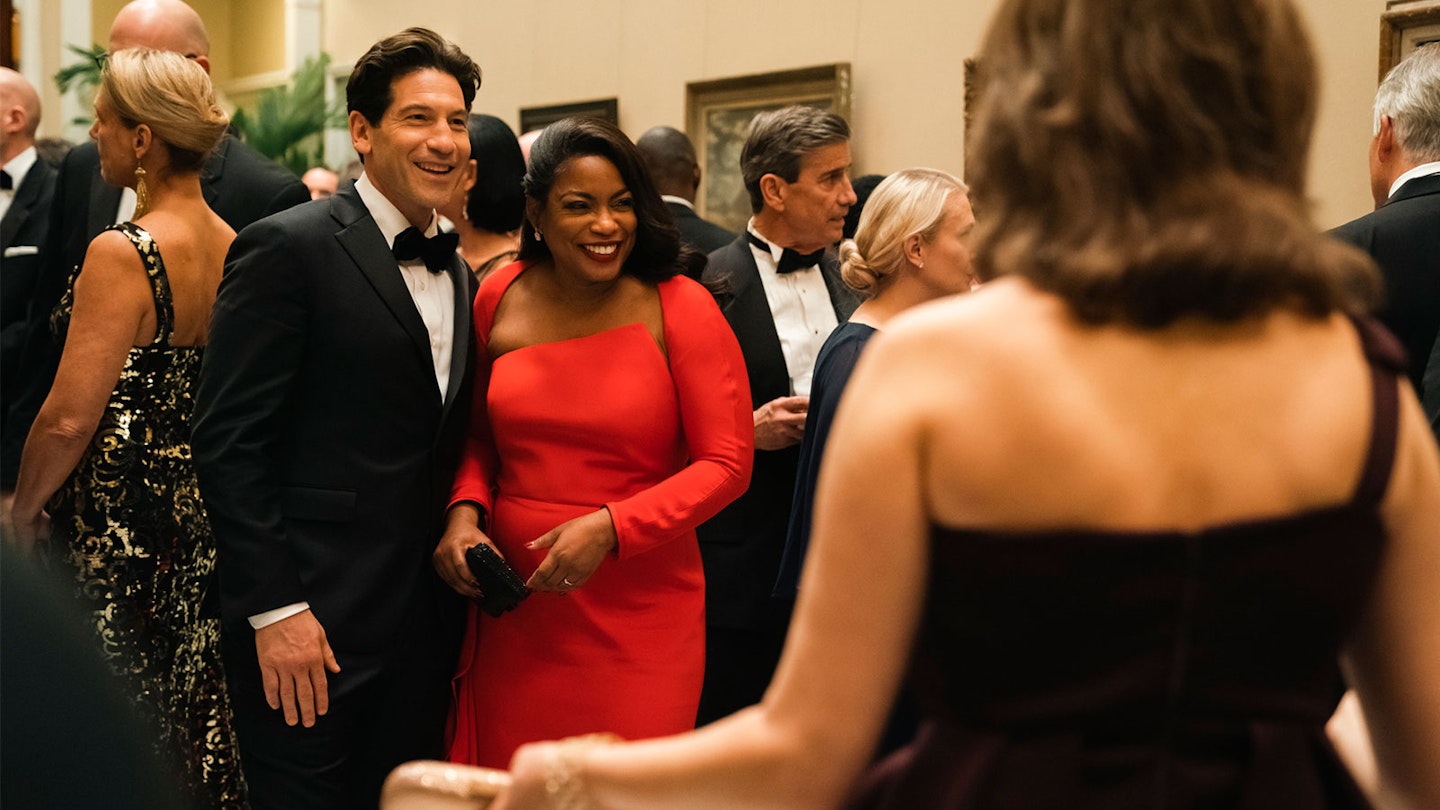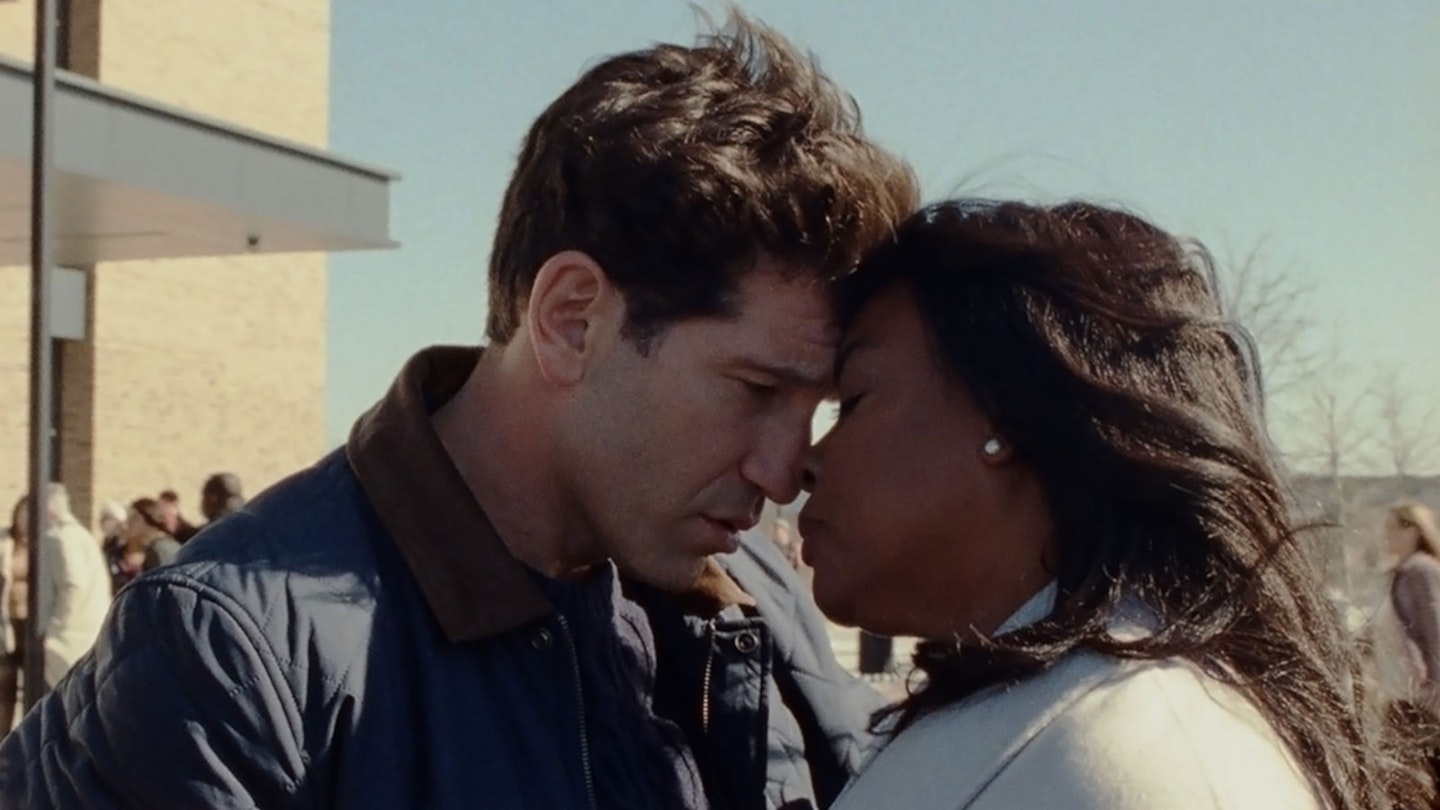You have to admire writer-director Ava DuVernay. For every one of her projects, from Selma to When They See Us, her refusal to shy away from hard-hitting subjects and emotionally stirring truths remains impressive — always infusing important ideas into her work, always striving to understand the world around her. Her latest feature film is no different.

Bearing similar levels of gravity and substance to her Netflix documentary 13th, Origin is arguably DuVernay’s most emotionally complex work to date. In exploring the power structures of caste systems across history and how they’ve profited from, legislated, stigmatised, divided and conquered marginalised groups, Origin adopts a scholarly approach, weaving factual case studies together in incredible detail.
In the moments where it does find its power and resonance, the film makes a profound impact.
Isabel Wilkerson (Aunjanue Ellis-Taylor), a Pulitzer-winning journalist, is our guide on this journey, researching the book on which the film is based: Caste: The Origins Of Our Discontents. The story begins with the murder of Trayvon Martin at the hands of George Zimmerman, and builds into a sprawling, global journey that connects the slavery of Black people in the US, the genocide of Jews during Nazi Germany, and the plights of the Dalit people in India. In typical DuVernay fashion, the revelations are harrowing: seeing the Nazis model the Holocaust on the Jim Crow laws of the segregated Deep South sends chills down your spine.

None of this is an easy watch. It’s a solemn reminder of the dehumanising discrimination committed against other human beings. But for such a grandiose exploration, it hinges on an ambitious swing by its director to tell this necessary story. DuVernay mixes dramatised historical events with Isabel’s personal journey, following the tragic deaths of her husband Brett (Jon Bernthal) and mother Ruby (Emily Yancy). The intention is noble, offering important context, while giving voice and agency to a Black woman and her craft.
It’s a bold creative choice, and it doesn’t always work. The result is sometimes chaotic, a clash of concepts that can feel at odds with each other. But in the moments where it does find its power and resonance, the film makes a profound impact — certainly enough to encourage further research (you’ll find yourself wanting to read Wilkerson’s book). When it’s on form, DuVernay’s poetic directing and Ellis-Taylor’s moving performance make for an engaging, emotional experience.
